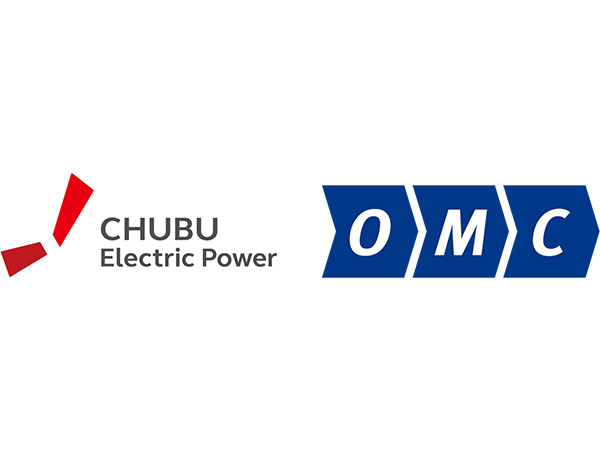Bridging the Climate Finance Gap: Private Investment's Crucial Role
Investment manager Rob Drijkoningen highlights challenges faced by private investors in climate finance for developing countries. While rich countries push for private sector involvement in COP29 commitments, hurdles persist, such as lack of transparency by development banks. Cultural shifts and risk guarantees are seen as potential solutions to attract private capital.

As global leaders gather to secure funding for climate change initiatives in poorer countries, investment manager Rob Drijkoningen emerges as a pivotal figure in this financial push. Drijkoningen, who heads emerging market debt at Neuberger Berman, is seen as a key ally for development banks seeking private investors to fund climate projects.
While countries at COP29 in Azerbaijan emphasize private investment as vital for climate commitments, Drijkoningen identifies significant barriers. Transparency issues and limited flexibility in project selection make investment less attractive. "Equal access to information is necessary to evaluate investment merits," he asserts, emphasizing the need for cultural changes within development banks.
Despite reform efforts, including increased private funding mobilization, challenges remain. Institutional reluctance to share proprietary data and assume junior project roles hinder progress. However, experts note shifts underway. For investors like Hubert Danso and Nadia Nikolova, addressing data transparency could unlock greater private sector involvement, essential to bridging the $2 trillion climate finance gap.
(With inputs from agencies.)
ALSO READ
Rising Trade Tensions: EU's Call for Transparency in China
Delhi Enhances Transparency with GPS-Driven Water and Sewer Monitoring
Delhi University Set to Count Student Union Votes Amidst Calls for Transparency
Prashant Kishor Criticizes Nitish Kumar's Rule, Demands Transparency
India's Vaccine Manufacturing Revolution: A Path to Safety and Transparency










